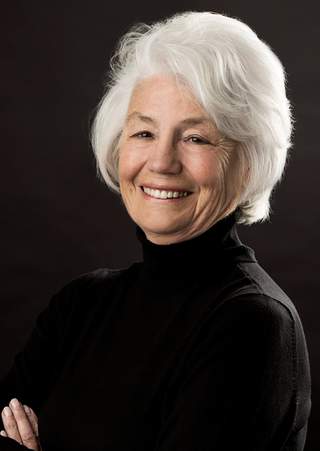The Canberra Times
It's clear that Prime Minister Kevin Rudd's plan to reform Australian health care was developed and written by the bean counters within the Department of Treasury. The key focus of this plan is on health-care financing: on who pays for what, and on what basis. Patients and their needs are not at the centre of this proposal.
As outlined, the plan to have the Commonwealth take over a significant part of hospital funding and oversight of how those funds are spent has the very real potential to address current problems with a fragmented system riddled with cost- and blame-shifting.
But will that potential be realised? Will those responsible for the operation of the new system be so focused on the dollars and so constrained by costs that they lose sight of the needs of the patients? And will virtually all the funds in the new health-care system continue to be spent on sick care rather than wellness promotion?
Redirecting the funding of public hospitals directly to Local Hospital Networks, bypassing the state and territory government bureaucracies, should mean that regional health-care delivery networks are more responsive to local needs. The drivers of local spending per patient and the acquisition and expansion of health-care services will reside with the local boards, which must justify their budgets to their constituents in the context of local health indicators and public expectations.
A single national funder will certainly be better placed to demand, and receive, uniform national reporting on nationally agreed standards. If this reporting system is open to public scrutiny, and comes accompanied by requirements that deficiencies are remedied within agreed timeframes, then this will help boost quality and safety.
It may be unreasonable at this stage to harangue about details that seem to be lacking but may emerge later. There are a host of questions about what this new approach means for important issues such as equity of access to care, the integration of mental and physical health services, and the better coordination of community, hospital, rehabilitation and residential care. For real health-care reform, these cannot be ignored.
There are, however, two huge blank spaces in the reform plan. The first is that private hospitals apparently sit outside the reforms. This is a serious omission, not least because of the significant federal subsidies which private patients in private facilities currently receive.
The second is that reforming health-care funding is only part of the problem of developing a health-care system for the 21st century. The other half of the equation is about reforming the way in which health-care services are delivered and the need to move from paying for activity to paying for health outcomes.
Real reform should include a move away from fee-for-service and towards bundled payments which would ensure that patients get the complete suite of needed health-care services. It would reward doctors and other health- care providers for keeping patients as healthy as possible and avoiding preventable hospital admissions and readmissions. And it would tackle duplication and waste in the health-care system, particularly in the areas of pathology testing, diagnostic imaging, and prescribing of medications.
Over the past decade or more, the fastest-growing component of health-care costs has been that paid by patients, out of their own pockets. Australia's sickest and poorest citizens will be seeking reassurances that the proposed changes will not mean that private funding, effectively a non- progressive quasi-tax, will replace public funding for their health and hospital care.
As President Barack Obama will undoubtedly be able to explain to Rudd during his visit later this month, moving health-care reform from fine words to legislative reality is a difficult and tricky task. Opposition to change is everywhere, and it is always easier to do nothing and claim the status quo is just what everyone wants.
Rudd and his government must now work to bring Australians the health-care reforms they were promised, and they deserve.
Dr Lesley Russell is the Menzies Foundation Fellow at the Menzies Centre for Health Policy, University of Sydney/ Australian National University and a Research Associate at the US Studies Centre at the University of Sydney. She is currently a Visiting Fellow at the Center for American Progress in Washington DC.





